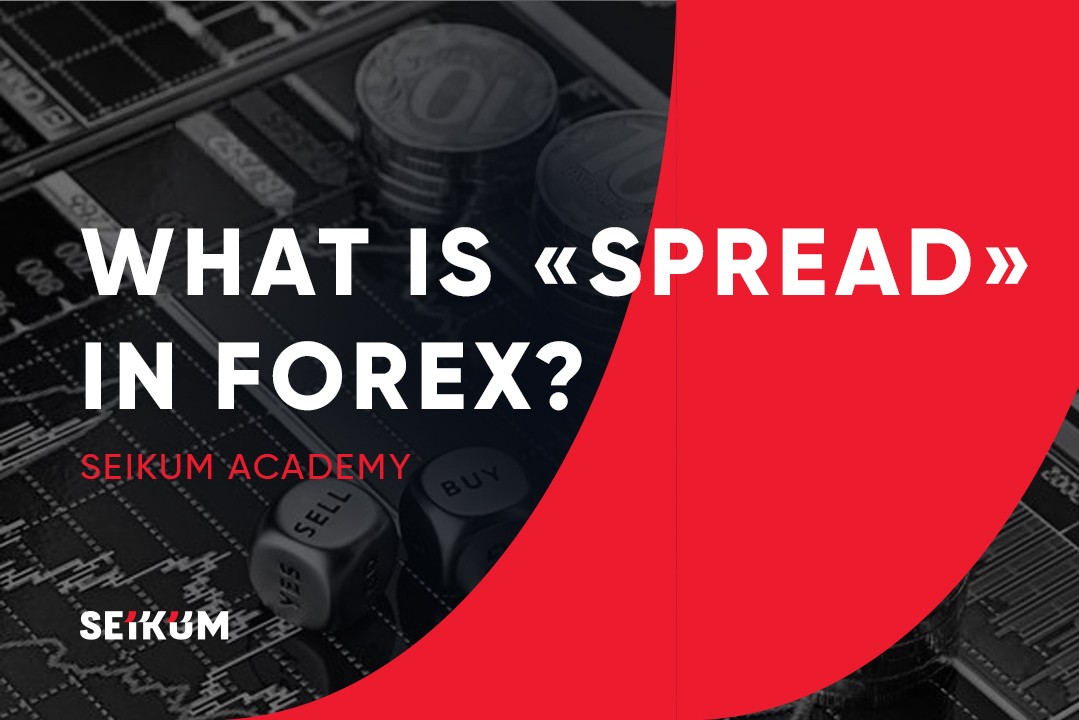What is Spread in Forex?


Understanding the Forex Spread: Unlocking the Secrets of Trading Costs
Introduction
If you’re venturing into the world of forex trading, it won’t be long before you encounter the term “spread.” But what exactly is a spread in forex? Why is it crucial to understand its implications? In this article, we will demystify the concept of the forex spread, shed light on its significance, and equip you with the knowledge to make informed trading decisions.Unraveling the Mystery of the Forex Spread
In the fast-paced realm of foreign exchange, the spread is a fundamental concept. Put simply, the spread represents the difference between the buying (bid) and selling (ask) prices of a currency pair. This difference is expressed in pips, which are the smallest unit of measurement in forex trading. Think of it as the commission or transaction cost you pay to execute a trade.
Understanding the Spread’s Impact
Now that we’ve established what a spread is, let’s delve into why it matters to forex traders. The spread has a direct influence on your trading profitability and overall trading experience. By comprehending its impact, you can make more informed decisions and devise effective strategies. Firstly, the spread affects your entry and exit points. When you initiate a trade, you do so at the ask price, which is slightly higher than the bid price. This means that you begin your trade in a slightly losing position, as the bid price needs to rise above the spread before you can break even. Similarly, when you close a trade, you do so at the bid price, which is slightly lower than the ask price, resulting in a minor loss. Secondly, the spread affects your profit potential. As a trader, you aim to capture price movements and make a profit. However, the spread can eat into your potential gains. A wider spread implies a greater cost to enter and exit trades, making it more challenging to achieve substantial profits. Consequently, it becomes imperative to choose currency pairs with tighter spreads to optimize your profit potential. Lastly, the spread reflects market liquidity and volatility. Major currency pairs, such as EUR/USD, often have tighter spreads due to their high liquidity and trading activity. Conversely, exotic currency pairs tend to have wider spreads, making them more expensive to trade. It is essential to factor in the spread when selecting currency pairs, especially if you prefer short-term trading or scalping strategies.
Minimizing the Impact
While the spread is an inherent part of forex trading, there are ways to mitigate its impact on your trades. Here are a few strategies to consider:
- Choose a reputable broker: Selecting a reliable forex broker is crucial. Reputable brokers often offer competitive spreads, ensuring you have access to favorable trading conditions.
- Opt for currency pairs with tighter spreads: As mentioned earlier, major currency pairs typically have narrower spreads. Focusing on these pairs can help minimize costs and enhance profitability.
- Time your trades: Market conditions can influence spreads. It is beneficial to trade during peak market hours when liquidity is high and spreads tend to be tighter. Conversely, during low-liquidity periods, spreads may widen, potentially impacting your trades.
Conclusion
In conclusion, the forex spread plays a vital role in your trading journey. Understanding its implications empowers you to make informed decisions, optimize your profitability, and navigate the dynamic forex market more effectively. By choosing the right broker, focusing on currency pairs with tighter spreads, and being mindful of market conditions, you can minimize the impact of the spread and increase your chances of success. So, as you embark on your forex trading adventure, always keep in mind the significance of the spread and its potential influence on your trades. Remember, knowledge is power, and with a firm grasp of the spread, you’ll be better equipped to navigate the intricate world of forex trading.
